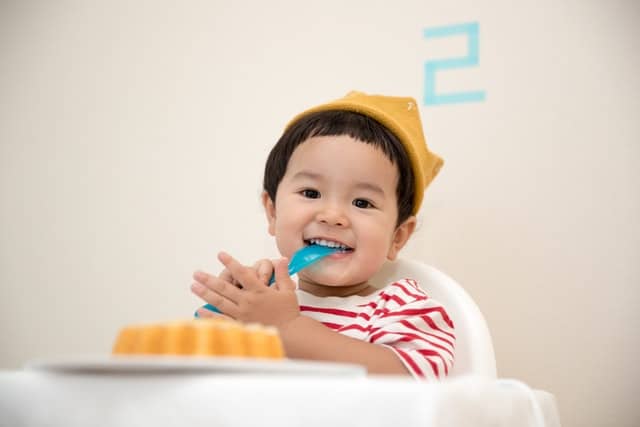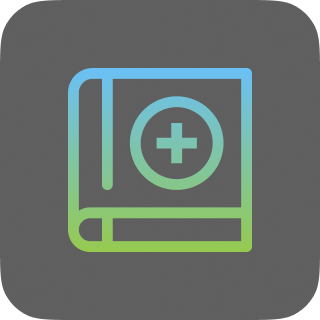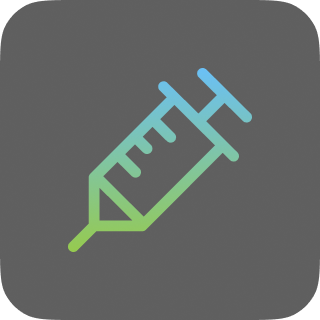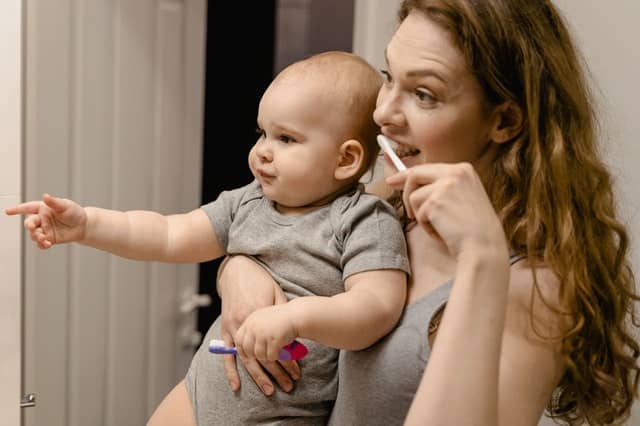In our video, doctors Alvaro G. Reymunde, M.D., and Jeffery Kile, M.D., discuss the importance of infant and childhood dental health. Parents should begin thinking about dental health once that first tooth comes out.
Along with pediatricians, the American Dental Association and the American Academy of Pediatrics also support early dental healthcare of infants and children.
Baby Dental Health–Birth to Six Months of Age
The first tooth typically erupts around 6 months of life, but it can be as early as 4 months and as late as 12 months. There are many things a parent can do to help keep their child’s teeth healthy.
- Do NOT put your infant’s pacifier or toys in your mouth, as you can transfer bacteria that cause cavities into your infant’s mouth.
- Clean your infant’s gums/first teeth by gently massaging gum tissue with a wet washcloth.
- Remove the bottle as soon as the baby falls asleep.
- Sugars found in formula/breast milk, juice (which should be avoided until after 1 year of life), and baby food feed cavity-producing bacteria.
Some infants have a harder time with teething than others. Using a cool teething ring or cool, wet washcloth can help ease discomfort. Please talk with your pediatrician prior to using Tylenol, as you should not give this medication to your baby around the clock for multiple days.

Infant Dental Health–Six Months to One Year of Age
As mentioned earlier, most infants will get their first tooth between 4 months and 1 year of life. It is important to do the following:
Avoid giving any juice before 1 year of age.
Clean your infant’s gums after feeding.
Once teeth sprout, use a clean, warm washcloth or soft-bristled toothbrush designed for infants (water only).
Slowly introduce small amounts of dentist-recommended non-fluoride toothpaste.
Inspect your infant’s gums and teeth often so you will be able to detect any changes.
Schedule your child’s first dental checkup as early as 6 months after their first tooth emerges.
Do not let your baby go to sleep with a bottle in their mouth.
Toddler Dental Health–12 to 18 Months of Age
Examining a child’s teeth is an important part of a well-child visit.
- Allow your child to “brush” his or her teeth, but always make sure you brush them too.
- Monitor for any changes and consult with your dentist or pediatrician with any concerns.
- Continue taking precautions of not passing decay-causing bacteria to your child (Avoid sharing straws, cups, utensils, etc.).
- Schedule a checkup with a dentist 6 months after your child’s first tooth erupts and continue with preventative measures.










